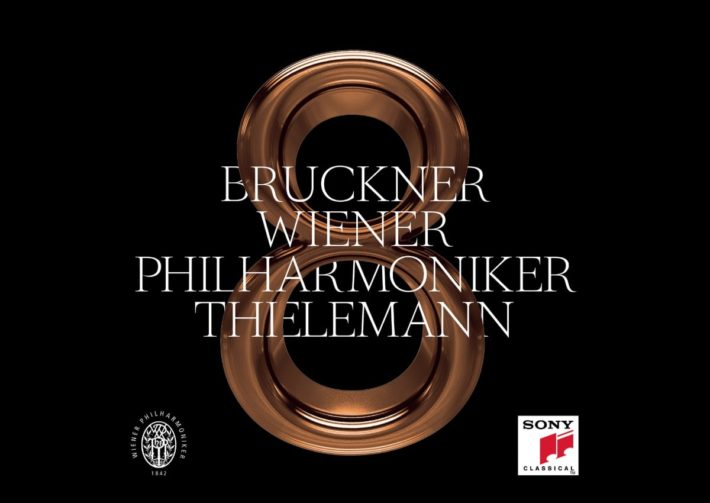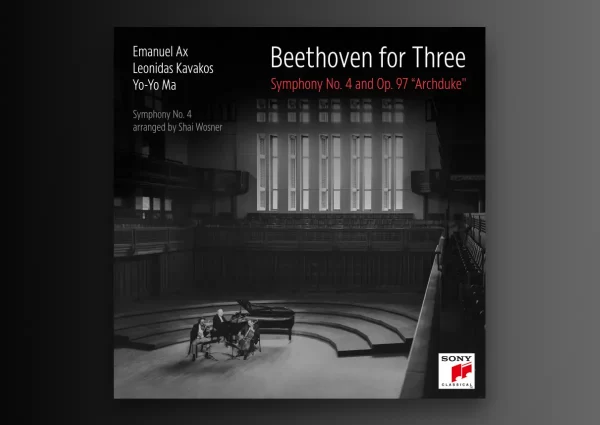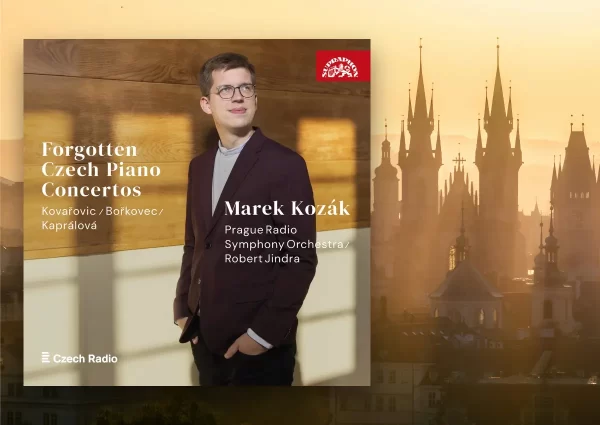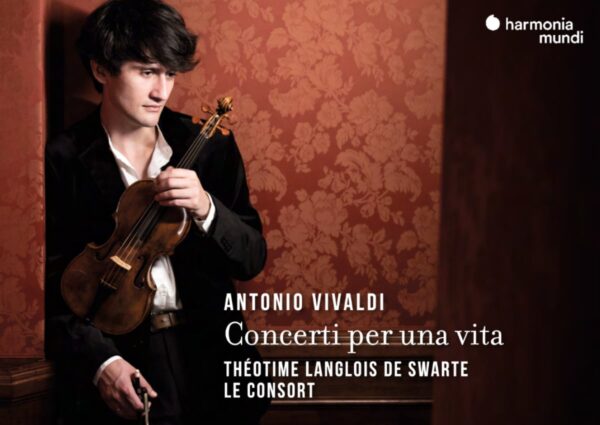Christian Thielemann developed a reputation as a distinguished Bruckner interpreter during his music directorship of the Munich Philharmonic (2004-2011). Indeed, it was his September 2009 conducting of Bruckner’s Symphony No. 8 that persuaded another orchestra, the Dresden Staatskapelle, to offer him its chief conductor position, a title he is contracted to hold until July 2024. During his tenure, Thielemann and the orchestra have recorded few Bruckner Symphonies, released on both CD and DVD, that has garnered considerable acclaim. The series includes the 2009 performance that brought them together.
For many readers, there is no finer Bruckner orchestra than the Vienna Philharmonic, which has recorded several distinguished accounts of the eighth symphony over the years: Furtwängler (1944 performance, available on several different labels), Haitink (1982/Philips), Guilini (1984/DG), Karajan (1989/DG) and Boulez (2000/DG). This new recording, advertised as the first in a set of the Bruckner’s symphonies, therefore begs the question: will a new Thielemann/Vienna Bruckner cycle, one that is directly competing with his relatively new, well-received Dresden albums, be worth adding to your CD library?
The answer, at least in part, depends on what one seeks in a Bruckner performance. Boulez’s reading, taking a “speedy” 76 minutes, is forthright and sincere, phrased with a warmth and suppleness that is somewhat surprising from this conductor. Boulez ensures we hear every strand of the symphony’s dense orchestral fabric and he balances orchestral textures with keen acuity. Boulez’s is perhaps the best recording if one wants to understand and appreciate the music’s vast architecture.
Guilini’s reading (the only one mentioned in this review using Nowak’s edition) takes 87 minutes, but, through careful shaping of phrases and detailed attention to dynamics, the music rarely seems too slow. Guilini is more overtly emotional than Boulez, and he finds a dark anguish in this music that relates it to the emotional realm of Mahler’s ninth and tenth symphonies.
Related Classical Music Reviews
- Review: Bruckner, Stravinsky – Mass for Choir and Wind – Rundfunkchor Berlin
- Review: Schmidt – Complete Symphonies – Frankfurt Radio Symphony Orchestra, Paavo Järvi
- Review: Mahler – Symphony No. 7 – Minnesota Orchestra, Vänskä
Karajan’s final recording (the last of four readily available recordings) was made less than a year before his death. Aged and physically frail, there is an acute emotional vulnerability heard here that is only matched by his live recording of Mahler’s Ninth. Karajan is almost a match for Boulez’s contrapuntal clarity, and the orchestra plays with astounding commitment and gripping passion. The reading has an organic inevitability that comes when orchestra and conductor have found a symbiotic union. Karajan not only uncovers the music’s darkness and pain, but also its hopeful, spiritual ecstasy. Just sample the climaxes of the third movement (track 3, 19’20”- 20’31”) and the final movement’s coda (track 4, 21’22”) – two moments of overwhelming emotional and spiritual catharsis.
This new recording does not reach these exalted heights. Thielemann draws fulsome, richly burnished playing from the orchestra. Orchestral textures are transparent, and he has a full grasp of the work’s architecture. Each climax is carefully prepared and powerfully executed. Melodic phrases are shaped with great affection and he uses a wide color palette from his players. Every ingredient is there, carefully measured out and expertly blended, poured into the pan and placed into the oven with care. Yet, after several hearings, I find much to admire, but am left unmoved.
The sheer beauty and power of the sound may be enough for some. Sony’s engineers capture the Musikverein’s exalted acoustic and the orchestra’s glorious sound with enviable precision and warmth. But Thielemann fails to drill into the emotional and spiritual core of this music. Yes, there is anguish, but it feels muted; yes, there is darkness, but it feels less threatening. Even his 2009 Dresden reading has a greater sense of occasion and emotional power than this new reading.
Make no mistake – this is an exceptionally beautiful performance, with orchestral playing that cannot be bettered. But the music’s intense emotions are only partially revealed here. Thielemann’s Dresden reading is more satisfying, but Karajan’s performance remains in a class of its own.

Bruckner – Symphony No 8 in C Minor (Ed. Haas)
Vienna Philharmonic
Christian Thielemann – Conductor
Sony Classical, CD G0100044053589
Bruckner Symphony No. 8 – Recommended Comparisons
Karajan | Guilini | Boulez | Thielemann (2009)
Read more classical music reviews or visit The Classic Review Amazon store
Follow Us and Comment:
Get our periodic classical music newsletter with our recent reviews, news and beginners guides.
We respect your privacy.









